Published in the Sunday Deccan Herald on 08 December, 2024
The correct usage of these terms is important in various contexts, including political discussions, sporting events, and cultural representation…
Today I wanted to talk about one of the most popular travel destinations in the world. Some call it the United Kingdom, some call it Great Britain while others call it England. The terms United Kingdom, Great Britain, and England often stir up a cloud of confusion for those attempting to understand or wrap their heads around the complex web of geographic and political relationships that define the British Isles.
This confusion isn’t just a matter of casual conversation miscues; it has implications for understanding international politics, cultural identity, and historical narratives. So today, let’s explore the differences between the UK, Great Britain, and England.
At the core of the British Isles lies England, a country with its distinct identity, yet an integral part of larger political entities. England is the largest and most populous country within the United Kingdom, bordered by Scotland to the north, Wales to the west, the North Sea to the east, and the English Channel to the south. Its capital, London, serves as the economic, political, and cultural hub not just for England but for the entire UK.
England boasts a vast array of experiences that capture the essence of a nation rich in history and modernity. For history enthusiasts, the Tower of London and the ancient Roman baths in Bath provide a glimpse into the country’s centuries-old story. Natural beauty abounds in the Lake District National Park, a scenic expanse of woodlands, lakes, and mountains that inspired the works of poets like William Wordsworth and Beatrix Potter. Now if all of this is England, what is Great Britain?
Great Britain, often simply referred to as Britain, is a geographical term that describes the largest of the British Isles. It encompasses three distinct countries united under one sovereign state—the United Kingdom. These countries are England, Scotland, and Wales, each retaining their own unique cultural identities, legal systems, and historical legacies. The island extends from the northern reaches of Scotland to the southern coasts of England, with the principality of Wales lying to the west.
Since we have already discussed what is there to see and do in England, for this section of the discussion, let’s focus on Scotland and Wales.
Scotland: The rugged beauty of Scotland appeals to the wild at heart. Edinburgh, the capital, combines ancient charm with a vibrant cultural scene, exemplified by the historic Edinburgh Castle and the celebrated Edinburgh Festivals. The Scottish Highlands offer dramatic landscapes, including the famous Loch Ness and the picturesque Isle of Skye, making it a perfect destination for hiking and spotting wildlife.
Wales: Wales is renowned for its breath-taking national parks and Celtic culture. Snowdonia National Park in the north offers some of the UK’s best hiking, climbing, and stunning vistas. Cardiff, the capital, is rich with history at sites like Cardiff Castle and the innovative Wales Millennium Centre. The Pembrokeshire Coast, with its rugged cliffs and golden beaches, provides spectacular coastal walks and a chance to explore quaint seaside villages.
With that discussed, let’s now come to the United Kingdom.
The United Kingdom of Great Britain and Northern Ireland, commonly known as the United Kingdom or the UK, is a sovereign state that encompasses four distinct nations: England, Scotland, Wales, and Northern Ireland. Each country has its own system of administrative and legal operations, contributing to a rich mix of governance and culture within the overarching framework of the UK. The UK’s political structure is a constitutional monarchy with a parliamentary system, where the monarch is the head of state and the Prime Minister is the head of government.
Northern Ireland
As the only part of the UK located on the island of Ireland, Northern Ireland shares a border to the south and west with the Republic of Ireland. Belfast, the capital, offers visitors a wealth of history, notably through the Titanic Belfast, an iconic visitor centre located at the former shipbuilding site where the Titanic was constructed. The city’s rich industrial heritage blends with a vibrant cultural scene that includes the famous Belfast murals and the historic Grand Opera House.
Outside the urban centres, the Giant’s Causeway stands out as a natural wonder and a UNESCO World Heritage site. This area of about 40,000 interlocking basalt columns was created by ancient volcanic fissure eruptions and is steeped in myths and legends. For those interested in more recent history, the Peace Walls, which were erected to separate two major communities in Belfast and reduce conflict, are now a symbol of the journey towards reconciliation.
The United Kingdom represents a confluence of cultures and histories, each of which retains its distinct flavour while contributing to the UK’s global identity. And having said that, I would also like to clarify some interesting, but common misconceptions:
‘England as a synonym for the UK’: One of the most common errors is using ‘England’ when referring to the whole of the UK. This excludes Scotland, Wales, and Northern Ireland, which are distinct nations with their own identities and institutions.
‘Great Britain as a country’: While often used informally to refer to the UK, Great Britain is not a country but an island that does not include Northern Ireland.
‘The UK and Great Britain are interchangeable’: This is incorrect as the UK also includes Northern Ireland, which is not part of the island of Great Britain.
And you may be wondering, why these distinctions really matter. Well, the correct usage of these terms is important in various contexts, including political discussions, sporting events, and cultural representation. For example, at the Olympics, athletes compete under ‘Team GB’ (Great Britain), which excludes Northern Irish athletes. But in Cricket, they contest as separate nations with England and Scotland having their own separate teams.
So let this guide be your starting point to explore, understand, and respect the nuances that make the United Kingdom, Great Britain, and England fascinating places to visit and study. That’s it from me today, until next week keep Celebrating Life!










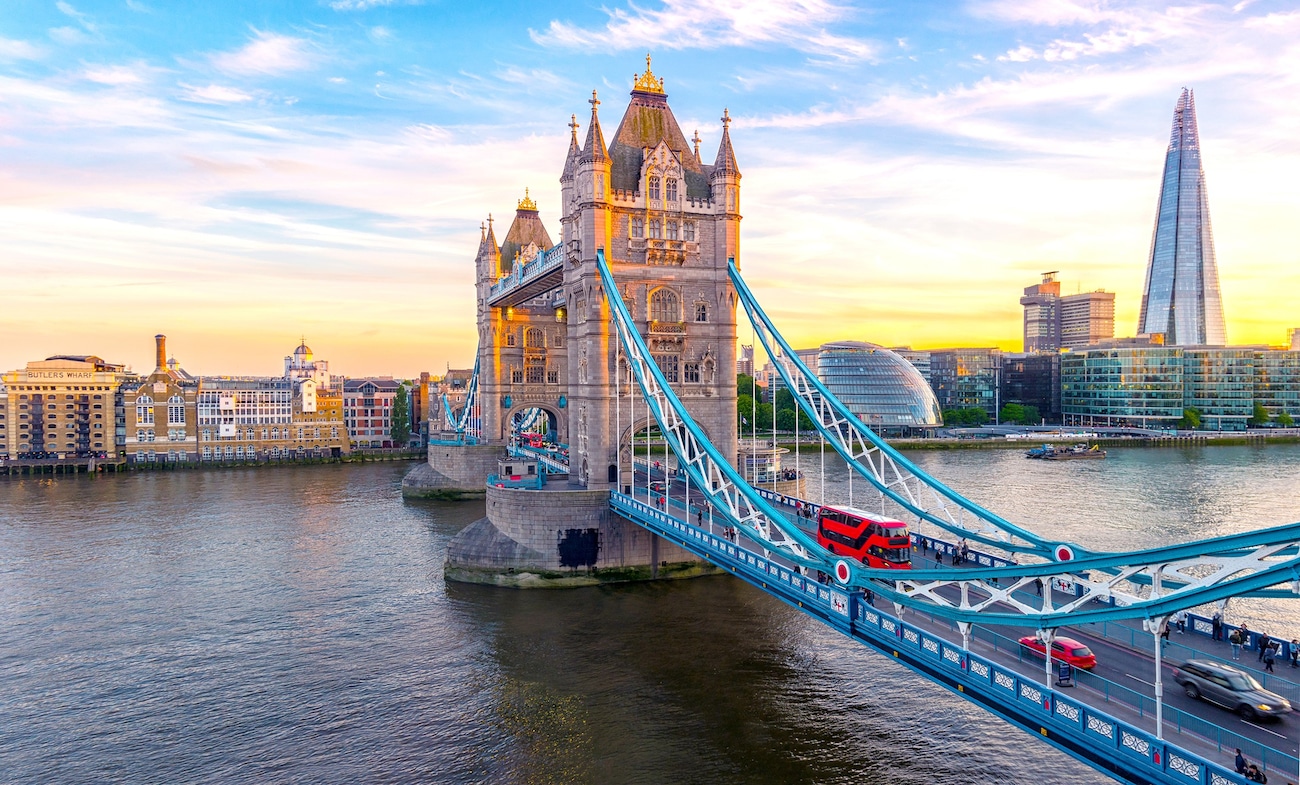
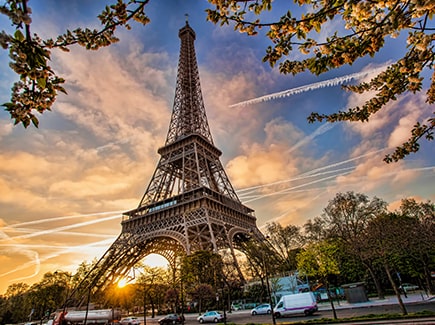
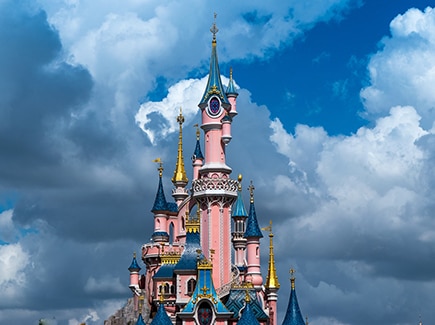
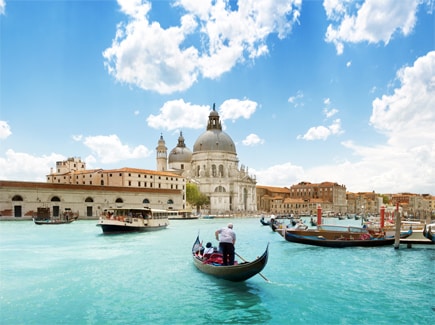
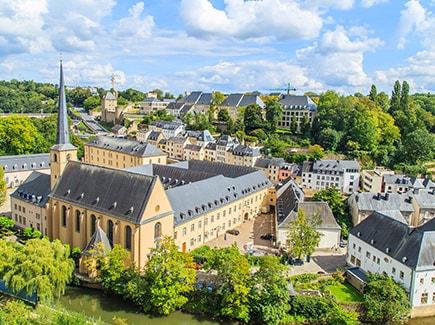
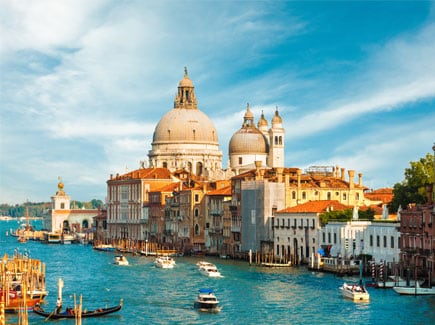



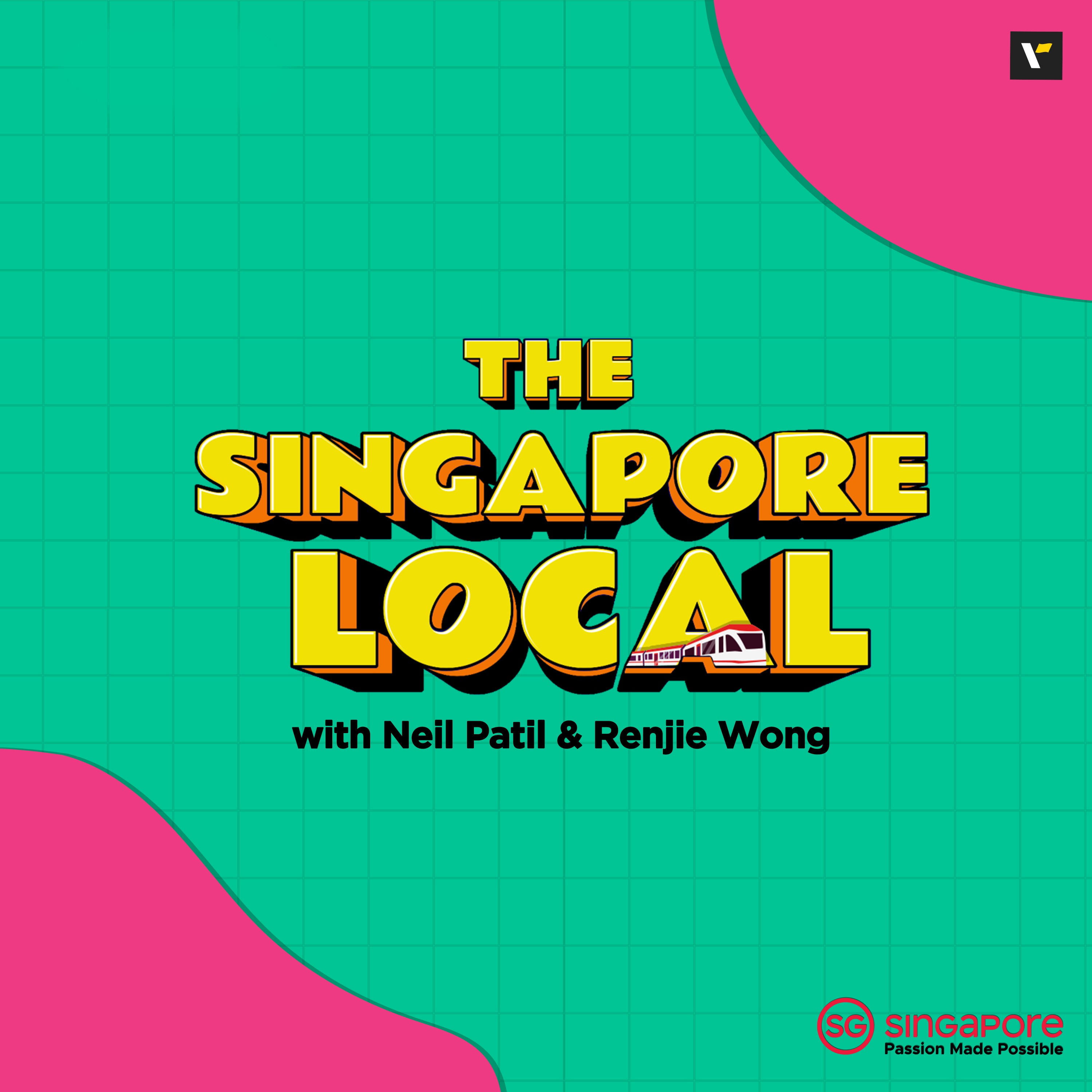
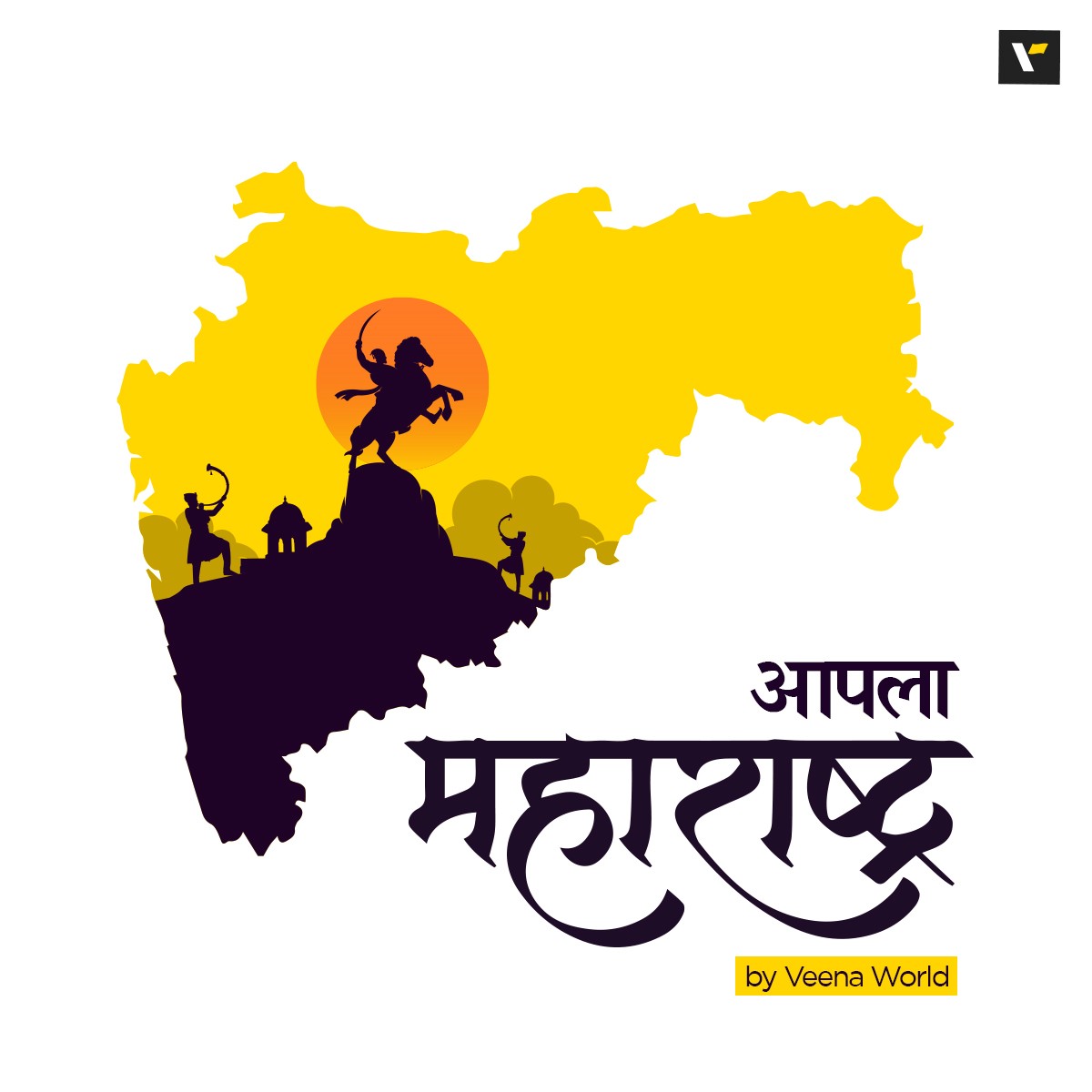









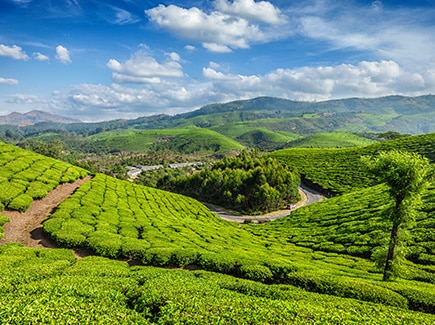
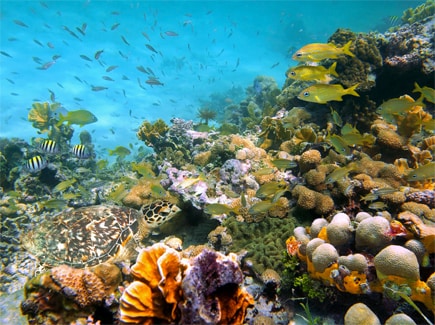
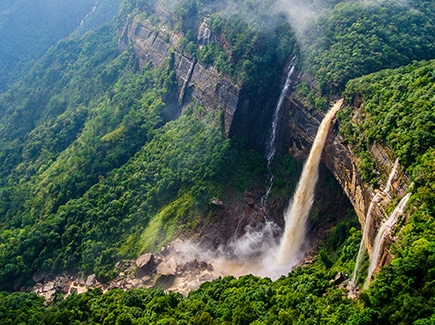

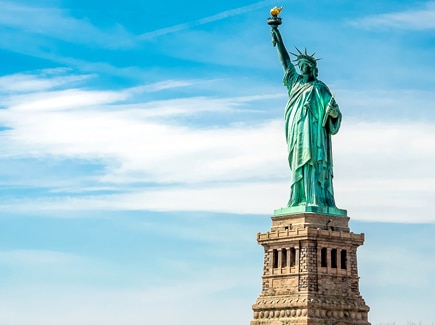

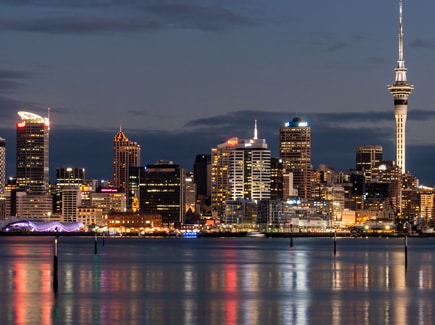







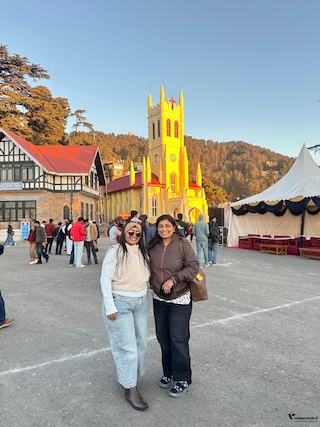



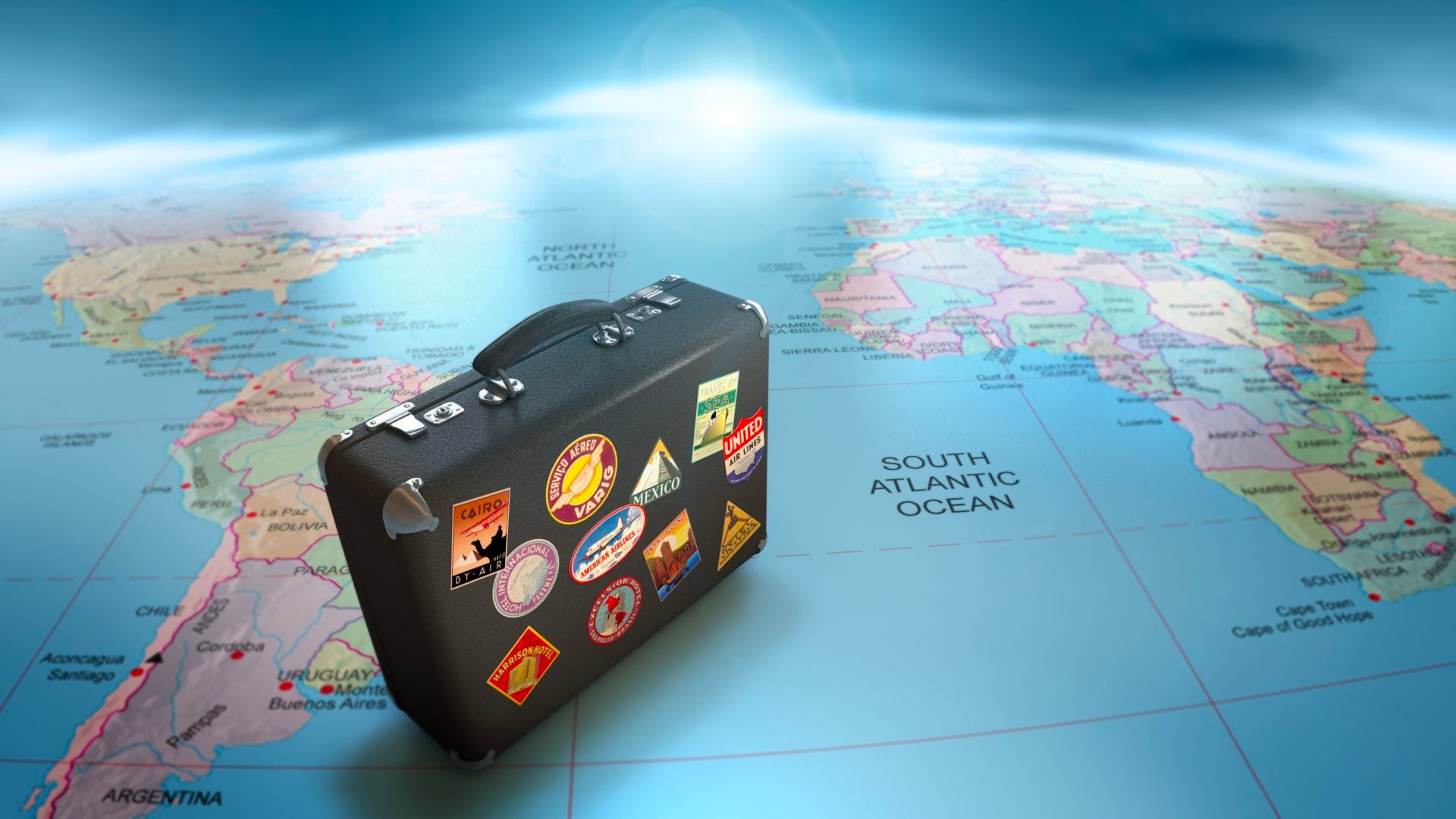

Post your Comment
Please let us know your thoughts on this story by leaving a comment.